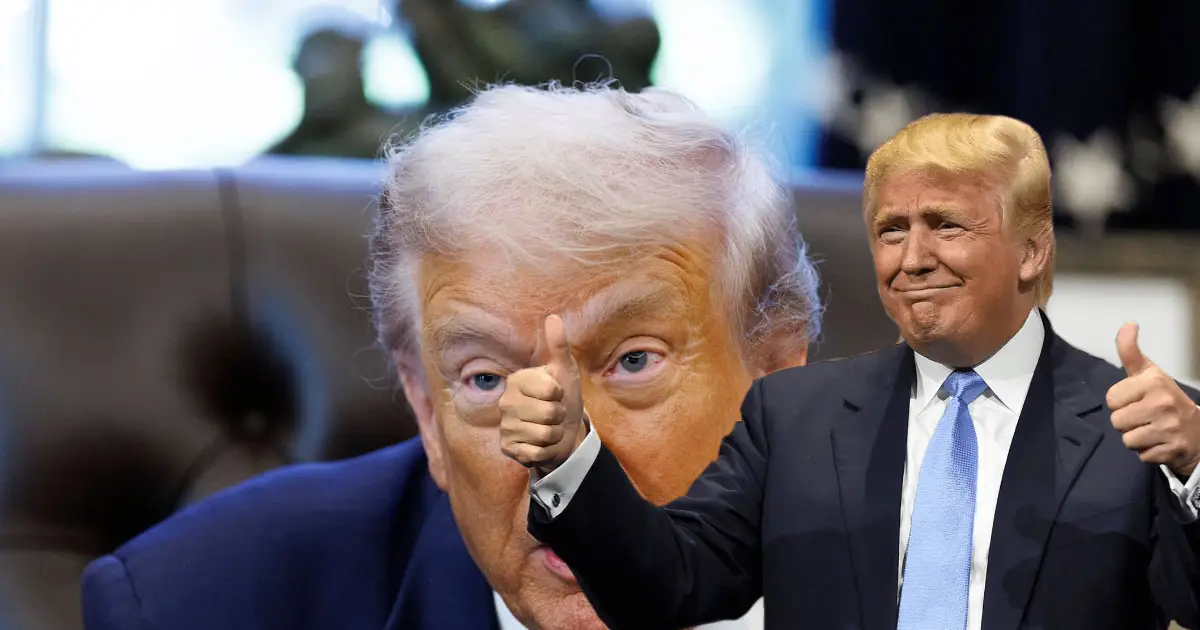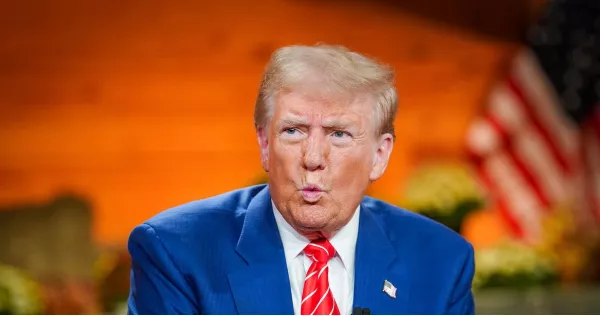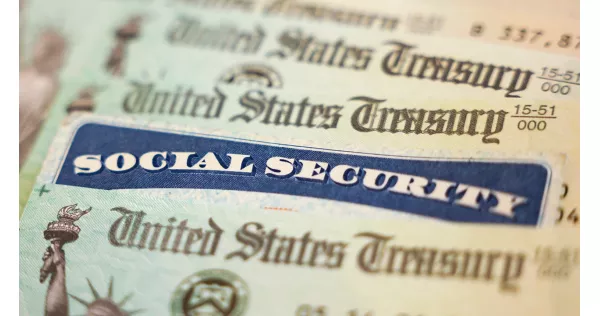Trump Signs Bill to Release Epstein Investigation Files Amid Political Pressure
On Wednesday, former President Donald Trump signed legislation mandating the Department of Justice to disclose files related to the investigation of Jeffrey Epstein, the late convicted sex offender. This move came after swift congressional action and mounting pressure from both Democratic lawmakers and Trump’s conservative supporters.
Reversal on Epstein Files Release
Trump’s decision to sign the bill marked a significant shift from his previous stance. Although he had the presidential authority to release the documents unilaterally during his term, he had consistently declined to do so. The signing effectively surrendered to bipartisan demands for transparency regarding Epstein’s case.
Democrats have long seized on the controversy surrounding the Epstein files, speculating that they might contain damaging information about Trump, who maintained a personal relationship with Epstein before the latter’s death in 2019 while awaiting trial on sex trafficking charges.
Trump’s Response and Political Narrative
Following the bill’s signing, Trump took to his social media platform to challenge the prevailing narrative. He highlighted Epstein’s connections to the Democratic Party, suggesting that the forthcoming disclosures could implicate prominent Democrats.
“Perhaps the truth about these Democrats, and their associations with Jeffrey Epstein, will soon be revealed, because I HAVE JUST SIGNED THE BILL TO RELEASE THE EPSTEIN FILES!” Trump declared on Wednesday night.
Details of the Legislation
The law requires the Justice Department to publish all files related to Epstein within 30 days. This includes documents concerning the investigation into Epstein’s death by suicide in a federal prison cell. While the legislation allows for redaction of victim identities, it explicitly prohibits withholding information due to concerns over “embarrassment, reputational harm or political sensitivity.”
Political Backdrop and Trump’s Changing Position
For years, Trump vacillated on the issue. During his presidential campaign, he promised to release the Epstein files, but once in office, he dismissed the matter as a “hoax” and criticised those pushing for transparency. However, recent developments in Congress made it clear that legislation would pass regardless, prompting Trump to reverse his stance.
In recent statements, Trump asserted, “we have nothing to hide” and emphasised the need to move beyond what he described as a “Democrat Hoax perpetrated by Radical Left.” This shift underscores the complex political dynamics surrounding the Epstein case and its potential implications for multiple parties.




